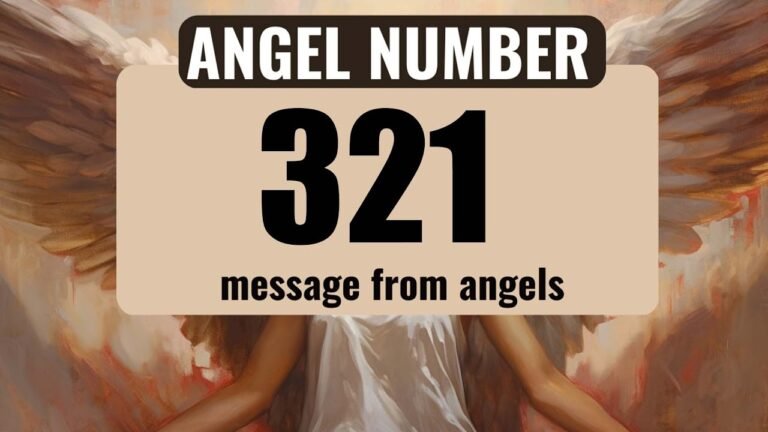The Fall of Satan: Reasons Behind His Expulsion from Heaven
The story of Satan’s expulsion from heaven is a captivating tale woven into the fabric of religious lore and moral teachings. This dramatic narrative not only explores the themes of rebellion and pride but also serves as a cautionary reminder of the consequences of defying divine authority. As we delve into the reasons behind this celestial fallout, we uncover deeper insights into the nature of good and evil, and the eternal struggle that shapes our understanding of faith and morality.
What was the reason for Satan’s expulsion from heaven in Paradise Lost?
In John Milton’s “Paradise Lost,” the character of Satan embodies the ultimate rebellion against divine authority. Fueled by pride and ambition, he challenges God, convinced that he deserves the same status and power. This defiance ignites a celestial war, pitting Satan and his followers against the forces of Heaven. Ultimately, their insurrection fails, leading to their dramatic and irrevocable banishment.
The consequences of Satan’s rebellion serve as a cautionary tale about the dangers of hubris. His inability to accept God’s supremacy not only results in his own downfall but also sets the stage for the eternal conflict between good and evil. Cast out of Heaven, Satan becomes a symbol of lost glory, forever haunted by his aspirations and the realization that his desire for equality led to his destruction.
What role did Lucifer have in heaven?
Lucifer, once a prominent figure in heaven, held a significant role as a spirit son of God, embodying light and brilliance. However, his ambition led him to challenge God’s divine plan during a heavenly council, seeking to impose his own vision upon creation. This rebellion ultimately resulted in his expulsion from heaven, transforming him into the Devil and marking a profound shift in the cosmic balance between good and evil.
What was the plan of Lucifer?
Lucifer’s plan revolved around the idea of eliminating free will, proposing that if agency were stripped away, humanity would be incapable of sinning against God. He believed that by removing the ability to choose, every soul would be safeguarded from making mistakes, leading to a perfect existence devoid of moral failure. In his vision, this would ensure that no one would be lost to sin, creating a pathway for all to return to the divine presence of Heavenly Father.
In this framework, Lucifer argued that the need for a Savior would become obsolete. By circumventing the trials and tribulations associated with human choice, he posited that salvation could be achieved through compliance rather than redemption. This radical approach aimed to create a utopia where every individual would seamlessly re-enter the heavenly realm, untouched by the consequences of their actions.
However, the implications of Lucifer’s plan raised profound questions about the essence of love, growth, and divine purpose. The freedom to choose is a fundamental aspect of human existence, allowing individuals to learn from their mistakes and develop spiritually. In rejecting the need for a Savior, Lucifer overlooked the transformative power of grace and the depth of humanity’s relationship with God, ultimately leading to his downfall in the pursuit of a misguided ideal.
Unveiling Divine Justice: The Truth Behind Satan’s Downfall
In the cosmic battle between good and evil, the downfall of Satan serves as a profound reminder of divine justice and the consequences of rebellion. Once a radiant angel, his desire for power led to his ultimate expulsion from heaven, illustrating that pride can overshadow even the brightest of beings. This pivotal moment not only marks the triumph of divine order but also highlights the unwavering moral foundation that governs the universe. As we explore the depths of this narrative, we uncover the essential truth that justice prevails, reinforcing the belief that no force, however formidable, can escape the reach of divine authority.
From Light to Darkness: The Key Events of Satan’s Expulsion
In the celestial realm, the balance between light and darkness was maintained by the harmonious existence of angels, led by the powerful archangel Lucifer. Known for his unparalleled beauty and wisdom, Lucifer held a prominent position among the heavenly hosts. However, as his pride grew, so did his ambition to ascend beyond his divine purpose. This desire for supremacy ignited a rebellion against the Creator, leading to a catastrophic rift in the heavenly order.
The rebellion reached its zenith when Lucifer, along with a faction of angels, openly challenged the authority of God. This cosmic conflict, marked by fierce battles and resounding cries, ultimately culminated in a decisive confrontation. The forces of light, led by the archangel Michael, fought valiantly against the insurgent angels. In a stunning display of divine power, the rebels were cast out of heaven, plunging them into the abyss of darkness, forever severed from the light they once knew.
Satan’s expulsion from the heavenly realm not only marked the end of his reign as an angel of light but also set the stage for the ongoing struggle between good and evil in the world. This pivotal event established a clear dichotomy, with Satan now representing temptation and chaos, perpetually seeking to undermine the divine order. The echoes of this cosmic battle continue to resonate, reminding humanity of the fragile balance between light and darkness that shapes their spiritual journey.
The Heavenly Rebellion: Understanding Satan’s Fall from Grace
In the celestial realm, a profound rebellion took shape as Lucifer, once the brightest of angels, sought to elevate himself above the divine order. Fueled by ambition and a desire for supremacy, he rallied a faction of angels, challenging the very foundation of Heaven. This insurrection culminated in a fierce confrontation, resulting in Lucifer’s expulsion from the heavenly heights and his transformation into Satan. His fall from grace serves as a poignant reminder of the perils of pride and the consequences of defying divine authority, forever altering the spiritual landscape and igniting the ongoing struggle between light and darkness.
The expulsion of Satan from heaven serves as a powerful allegory about the consequences of pride and rebellion against divine order. This ancient narrative continues to resonate, reminding us of the eternal struggle between light and darkness, good and evil. Understanding this pivotal event not only enriches our grasp of theological themes but also challenges us to reflect on our own choices and alignments in a world where moral clarity can often seem obscured.







